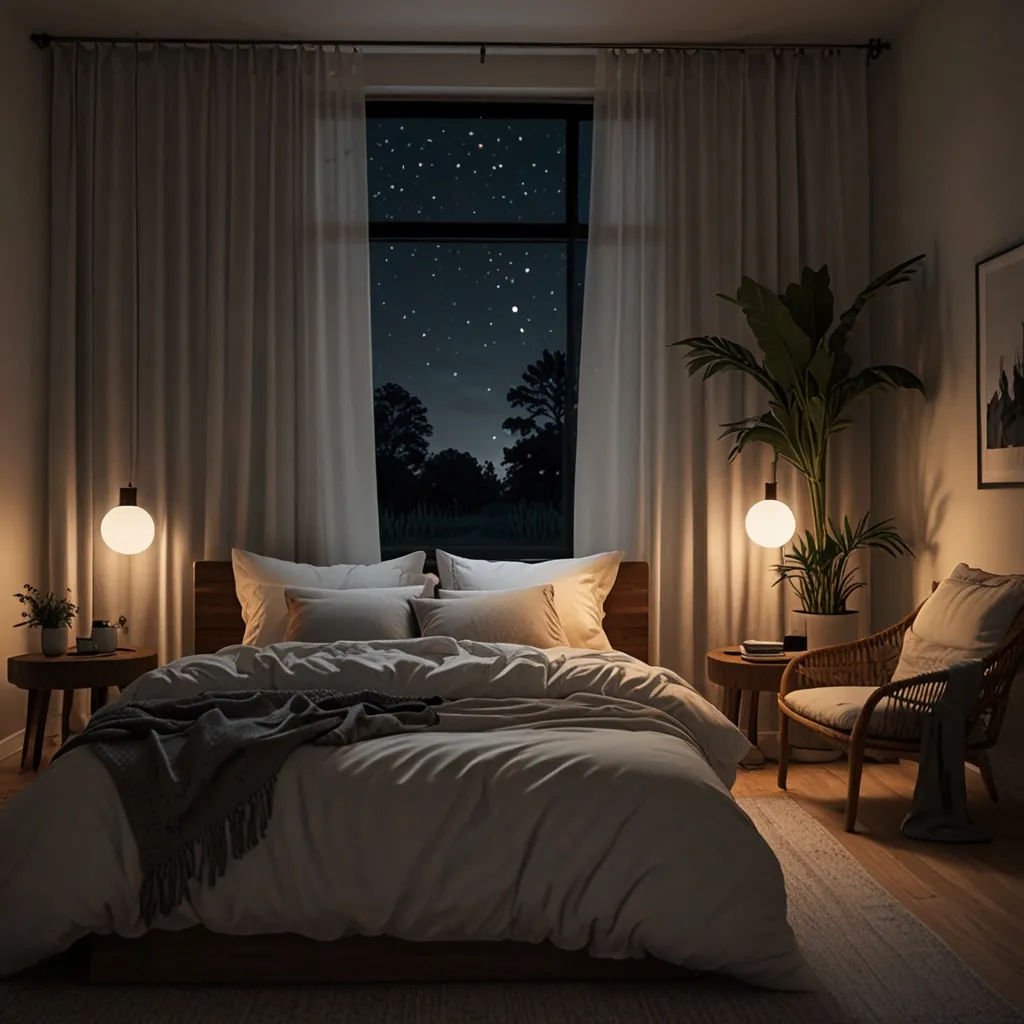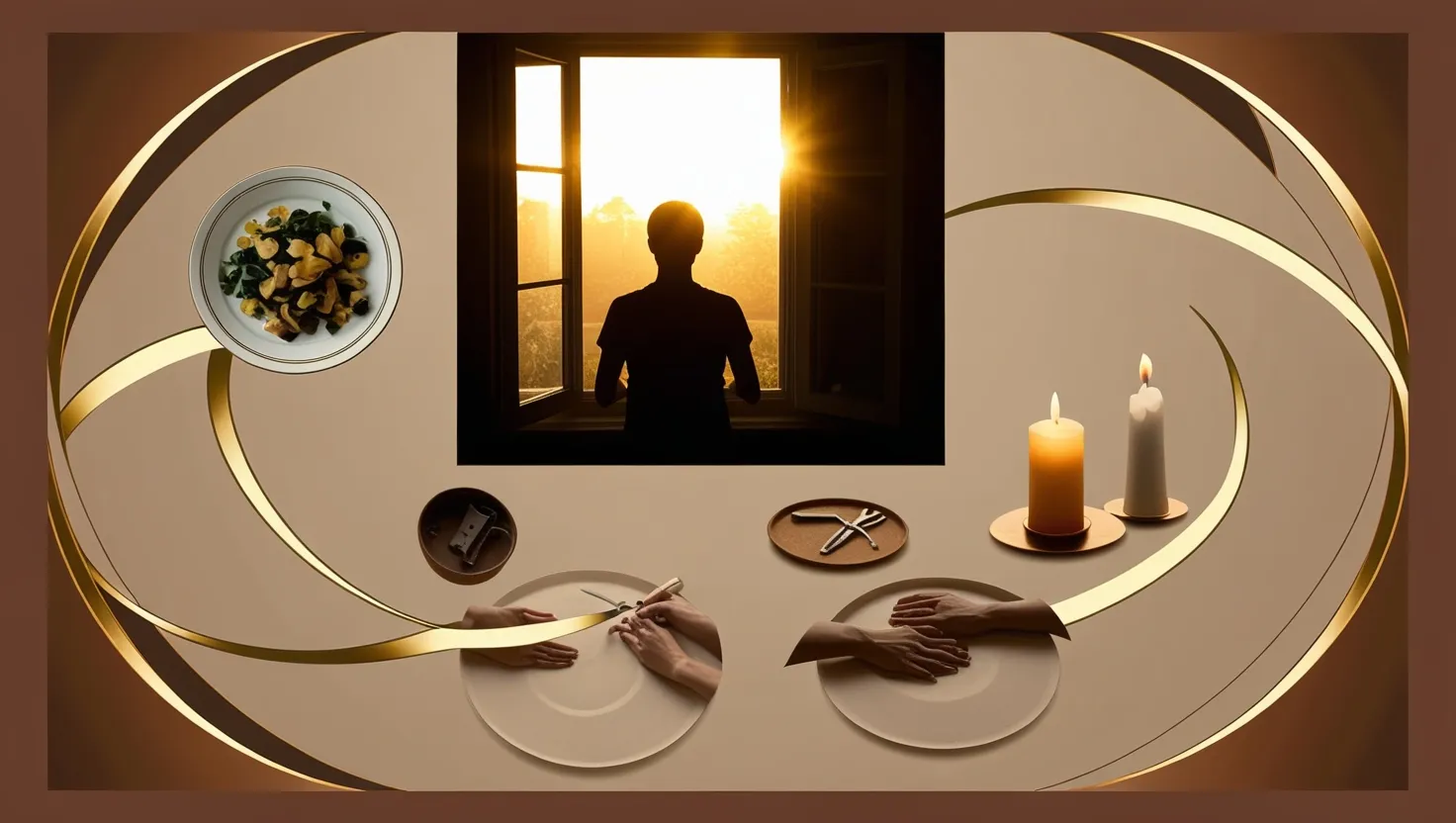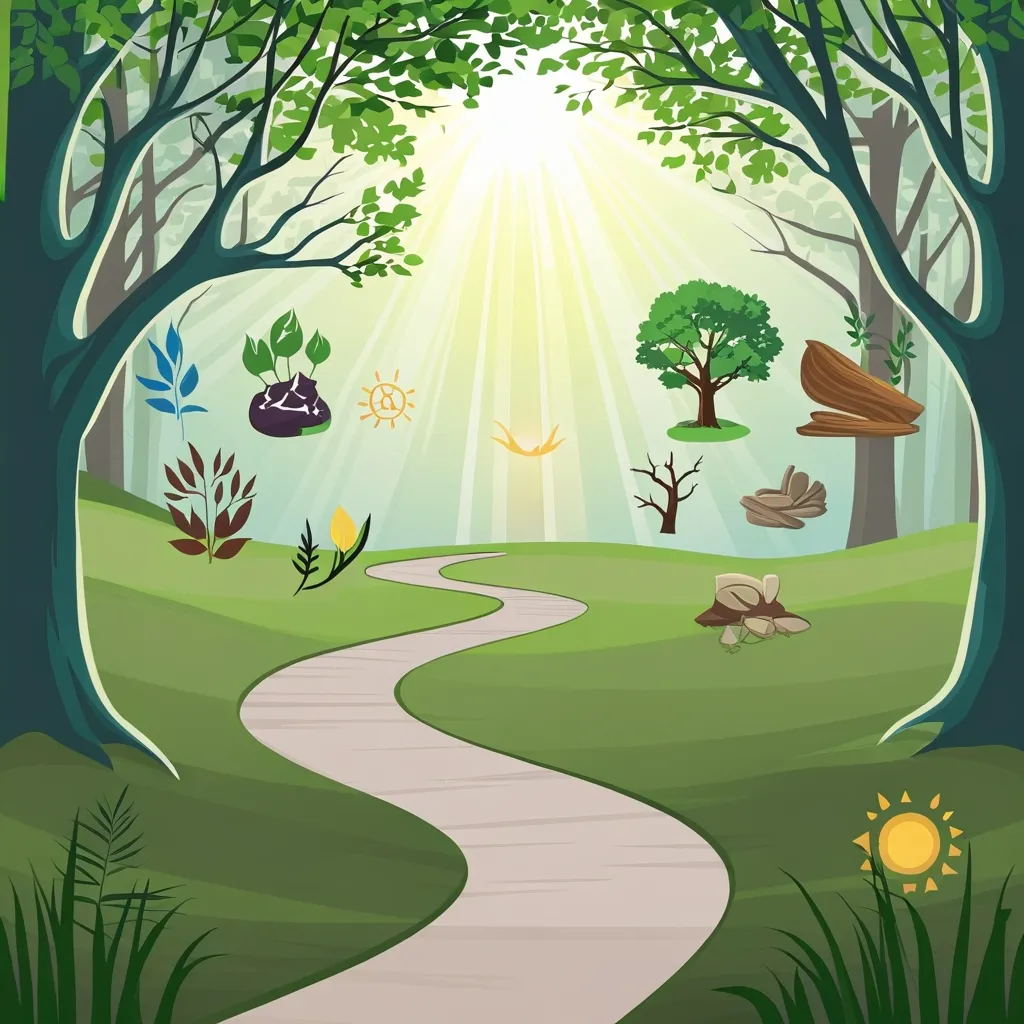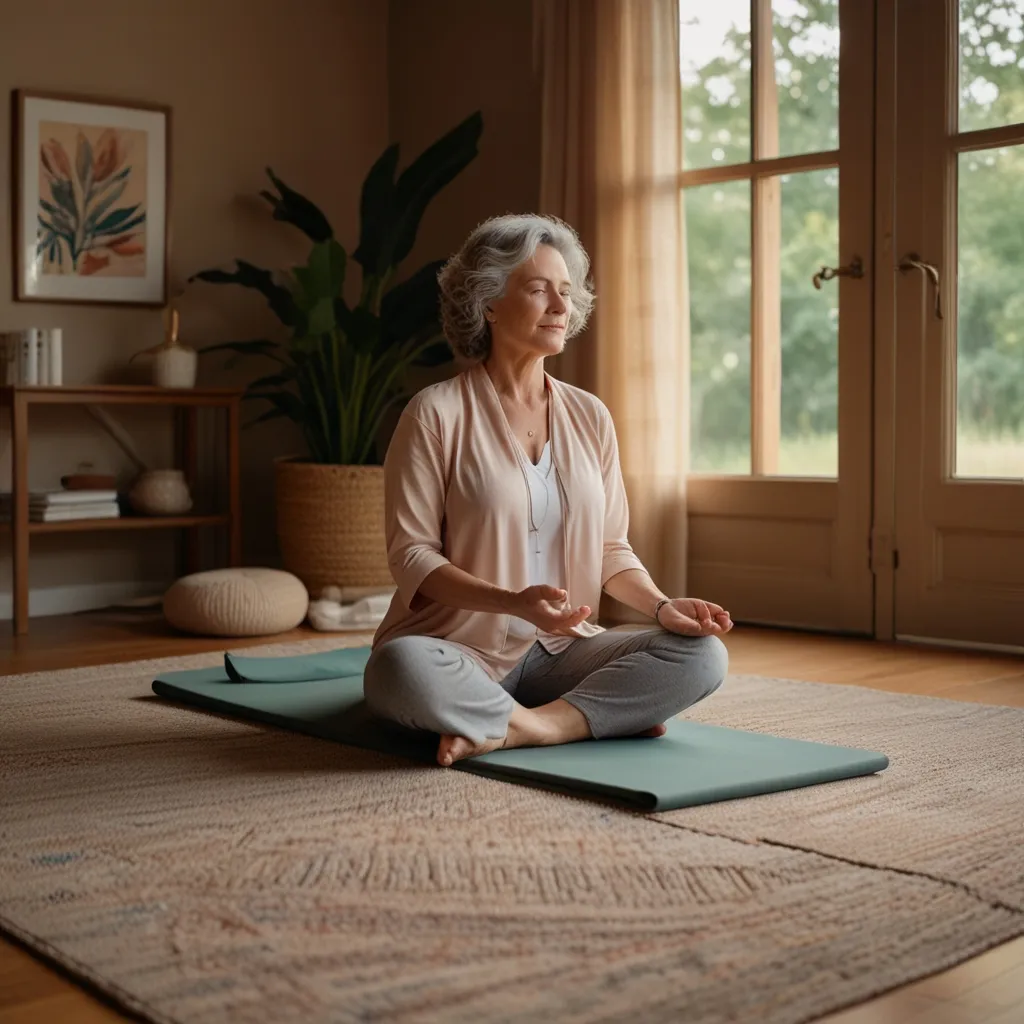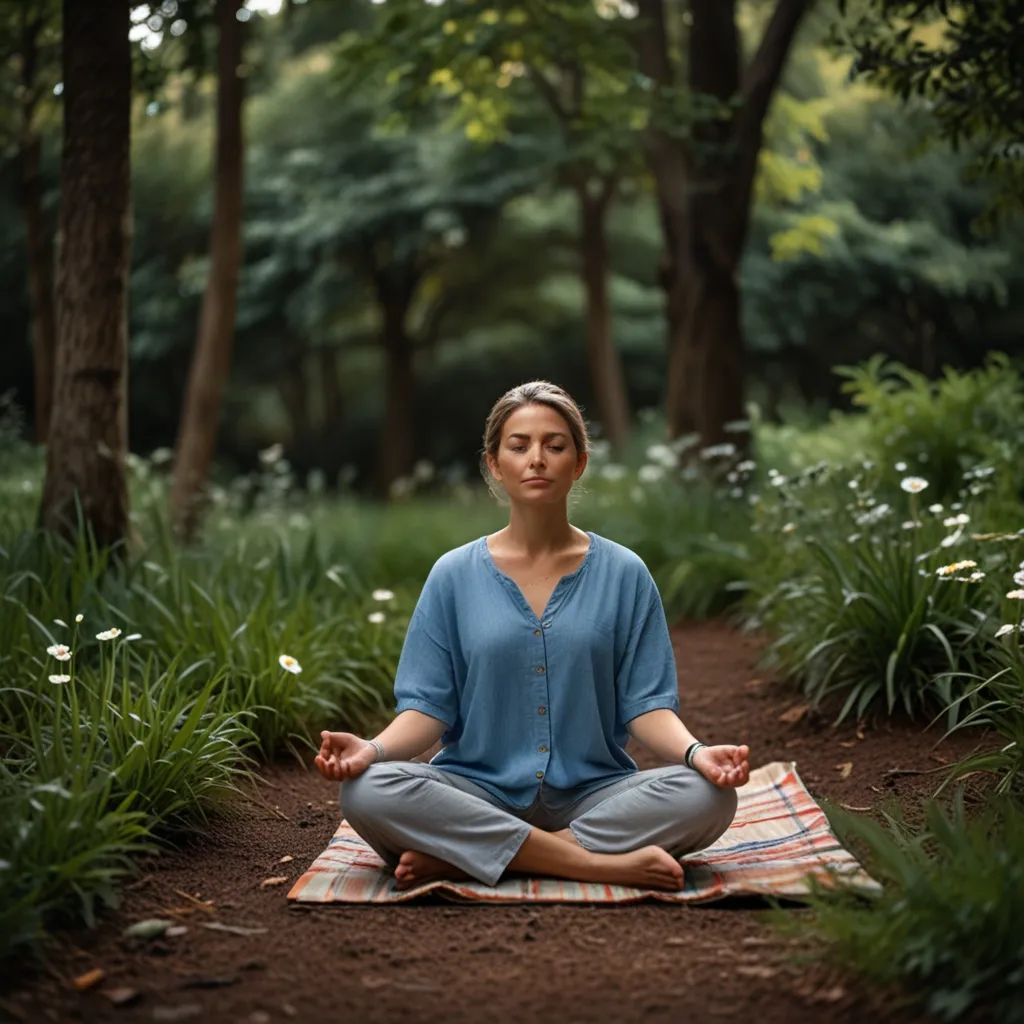Struggling to catch those zzz’s? You’re not alone. Insomnia, that sneaky sleep disruptor, plagues millions of people. It shows up uninvited, fueled by stress, anxiety, depression, bad sleep environments, and even too much caffeine or nicotine. The long-term effects? Not so pretty – think mood swings, concentration woes, and increased risks for heart problems and diabetes. Yikes!
What’s Up with Insomnia?
First things first: insomnia isn’t just about the quantity of sleep but also the quality. Adults generally thrive on seven to nine hours of shut-eye per night, but when insomnia kicks in, falling asleep or staying asleep can feel impossible. This often leads to a vicious cycle of tiredness and frustration.
Move It to Snooze It
Turns out, exercise is a fantastic insomnia-buster. Breaking a sweat not only keeps you healthy but also upgrades your sleep game. One tip, though – try not to exercise within two hours of bedtime. Those post-workout endorphins can keep you wired. Early morning or afternoon workouts are where it’s at for better sleep.
Sleep Hygiene 101
Good sleep hygiene is essential. Stick to a regular bedtime and wake-up time every single day. Yes, even on weekends. This helps your body learn when to actually sleep. Skip those daytime naps, and create a bedtime routine that tells your brain it’s time to wind down.
Food and Drink Dos and Don’ts
Your diet can make or break your sleep. Big meals late at night? Nope. Same goes for caffeine and alcohol. Ditch caffeine by mid-afternoon and steer clear of alcohol after dinner. Instead, try sipping on warm milk or chamomile tea before bed to help you relax.
Keep It Dark
Darkness equals better sleep. Use heavy curtains and keep gadgets away before bedtime. The light from screens messes with your brain. Instead, unwind with a book, some calming music, or a nice bath. And if you need a midnight bathroom break, a small flashlight is better than flipping on the bathroom light.
Stretch it Out, Tap it In
Yoga and stretching can be great for prepping your body for sleep. If that doesn’t work, give tapping a try. Tapping on pressure points while speaking to yourself can calm your nerves. It’s known as the Emotional Freedom Technique (EFT).
Let It All Out
Can’t stop thinking? Write it down. Journaling your worries can be therapeutic. Seeing your stresses in black and white can help clear your mind and reduce nighttime anxiety.
Distract the Mind
Sometimes, putting your mind to work can actually make you sleepy. Visualization techniques, boring books, or even crosswords can divert your thoughts from stress, helping you drift off.
Embrace the Night
For those who end up awake, why not make the most of it? Nighttime can be the perfect setting for creativity. Write, read, or stargaze. Instead of resisting it, sometimes embracing the night can help you drift back to sleep.
Behavioral Strategies
Consistent bedtimes, relaxing nightly routines, and avoiding the bed unless you’re sleepy are key. And if you’re tossing and turning for more than 30 minutes, get up for a bit. The goal is to make your bedroom a quiet, relaxing haven.
Skip the Stimulants
Lay off the late-day coffee and keep alcohol in check. Heavy or spicy late-night meals? Avoid them. Opt for light snacks if you’re peckish and reduce fluid intake to avoid those annoying nighttime bathroom trips.
Wrap it Up
Insomnia might be a tough nut to crack, but there’s hope. Tweaking your daily habits – from exercise and diet to light exposure and bedtime routines – can make a world of difference. Sweet dreams are just a few changes away!
